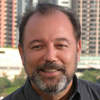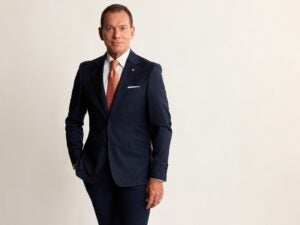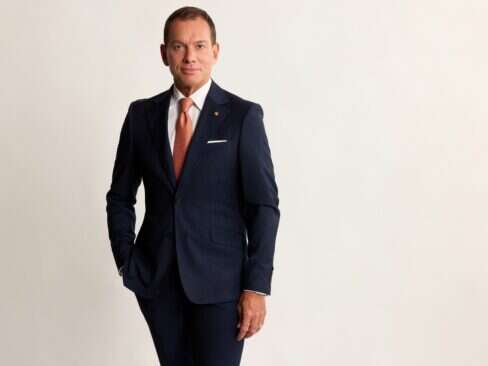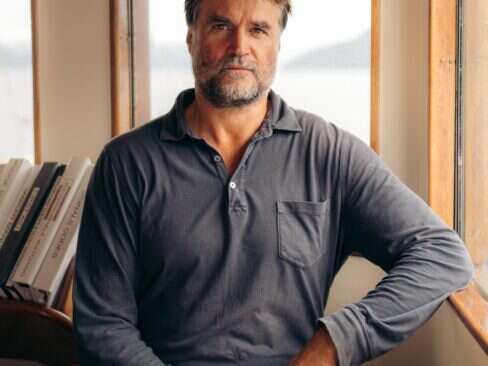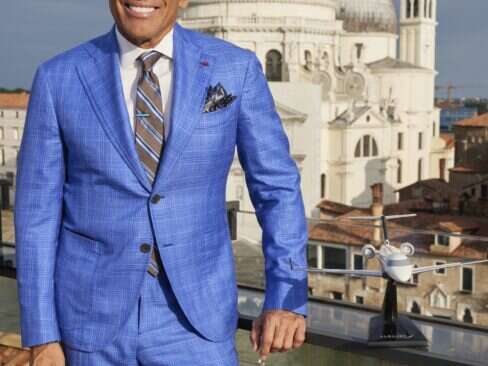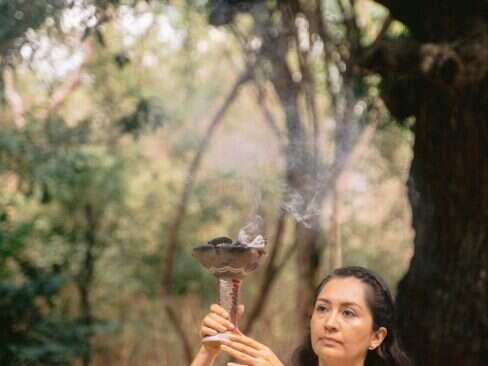
Minister of TourismPanama
You probably already know that Ruben Blades in an internationally acclaimed musician and actor, but you probably don’t know that he holds two law degrees, almost became the president of his home country of Panama, and is just coming to the end of a five-year stint as that country’s fast-moving Minister of Tourism. We caught up with him recently to discuss the beauty and appeal of Panama, as well as the country’s plan for attracting elite travelers.
ET: So I’ll ask the obvious question: How does a renowned musician and actor end up as the Minister of Tourism for Panama?
Ruben Blades: My life has been very varied and strange. I graduated from law school in Panama, but I moved to New York to become involved with music. Music led to film, and after that, I went back to school to get a graduate law degree. I returned to Panama to create a political party and almost won the election. Serving as the Minister of Tourism is a logical extension of my varied career. I told the current president that he had my support in 2004, and I thought I would be using my legal background in corrections, trying to modernize Panama’s penal system. It turns out they needed me in tourism, but I’ve used my skills as an attorney to formulate the country’s goals, set up a team. I used my own tourism platform from when I ran for president as a model for our national plan. I needed to create a modern structure for the ministry, right off the bat. There has been a string of tourism ministers that have slowly moved the ministry forward, but we needed a national plan for Panama to grow its tourism industry. Most people who know about me might not expect that I was the guy who could get all that done. But I think I surprised everyone a little.
ET: Do you think you’re starting a trend here? Will we see Juan Luis Guerra working for the Dominican Republic? Bruce Springsteen as Governor of New Jersey?
Ruben Blades: The interesting thing about artists is that we develop solutions from a creative standpoint, which is just what you need often. You also need the discipline to structure that response and create the momentum for the idea. An artist’s answer almost always has a creative edge to it. So maybe we will see more artists getting involved in politics.
ET: There are many misconceptions about Panama. Is it a misconception that when most people think about your country, they only think of the Canal Zone and Panama City?
Ruben Blades: Yes. Panama’s challenge has been that we came to the game late in terms of tourism. You say “Costa Rica” and you get an instant picture of rainforests, and so on. Did you know that the Smithsonian’s headquarters for environmental research has been in Panama since 1917? It makes sense because we are the bridge between North and South America. It’s been a waypoint for all the hemispheres’ species since the beginning of history. We have unique biodiversity on both coasts, the largest island in Pacific Central America (Coiba), one of only two archipelagos in North America (Las Perlas). Butch Cassidy and the Sundance Kid went to Bolivia after a short but eventful stay in Panama, Gauguin painted tropical scenes here before he ever went to Tahiti. So many things make Panama special. Did you know there are eight indigenous tribes in Panama? In the rest of Central America and the Caribbean, they were wiped out.
ET: So are there any advantages to getting a later start in tourism? Are there things you’ve learned not to do?
Ruben Blades: If you see a buffet table, there are many, many options….maybe too many. You only take a few things, the next person takes a few, but inevitably, you end up with a lot of waste. You need to tie any tourism experience directly to the location, serve up just that special dish instead of trying to make everyone happy, then you will find success. If the Louvre decided it had to sell condos inside to survive, it wouldn’t be the Louvre anymore. We have to regulate the amount of development we have and make smart decisions. Anyone who visits an exotic locale like Panama wants to see a thriving planet, not a dying one. We cannot simply duplicate Cancun over and over again. Our national plan, looking to 2020, is focused on attracting first-class visitors and offering them a top quality destination with a focus on service and unique experiences.
ET: Are you focusing in on any specific hotel brands to help attract these elite travelers?
Ruben Blades: We are concentrating on cultural and environmental experiences more than just brands. Infrastructre, capacity, air lift….all of these issues have to be addressed before we can break ground on exciting hotels and resorts. When the time comes to develop, we will seek some of the top hotel companies to join us. In Panama City, we’re working closely with Hilton business hotels, but you can expect an even higher level of luxury for the very special environmental locations in our interior and on our coasts. Adrian Zecha from Amanresorts came to visit in 2004, and he was very positive about what we have to offer. Our first top hotels will be small and very, very special. In Panama City you’ll see larger high-level hotels, as well. We have 14,000 rooms in the country now, but we’ll get to 24,000 by 2014.
ET: So when this first wave of new hotels opens, why do I come to Panama instead of somewhere else?
Ruben Blades: Variety. For diving, you can dive two oceans. Coiba Island is home to an untouched biosphere because it was a penal colony for centuries. Eco-tourism can be found all over Central America, but nowhere is eco-tourism and history so tightly intertwined as in Panama. Conquest-era fortifications in pristine rainforests, Canal Zone grandeur with treetop ziplines right down the road. J.P. Morgan and elite bird fans have been coming to Panama since the turn of the century. It was virtually a private sanctuary for them for years, now we want to share it with everybody.
ET: Is there one project that you think really epitomizes the new Panama?
Ruben Blades: The world’s first biodiversity museum—The Bridge of Life—designed by Frank Gehry is opening next year in the Canal Zone. It is truly magnificent and very, very special. You must visit if you want to get a sense of where we are going, and how we are going to do it very, very carefully.





